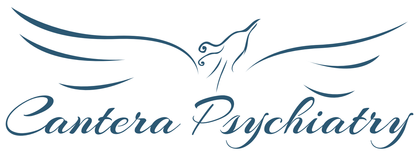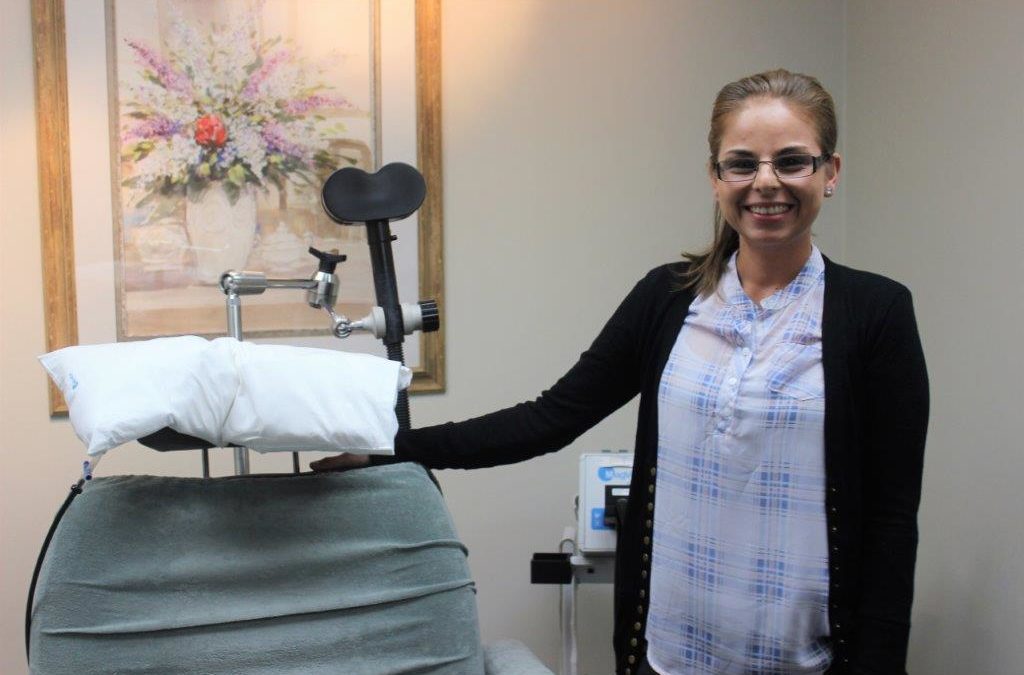Dr. Dmitriy Sivtsov of Silverlining Psychiatry in La Jolla, California, had been running a successful psychiatric practice for 10 years, helping many patients to recover from their mental illnesses such as depression.
However, a portion of his patients were not benefiting from the antidepressant medication. Statistically, this is not extraordinary: studies show that approximately half of the patients with depression do not recover fully from antidepressants. It was therefore clear to Dr. Sivtsov that a different approach was needed for these hard-to-treat patients. “I had already heard of TMS and wanted to try it on those of my patients who were not responding to antidepressants,” says Dr. Sivtsov. Before proceeding with the purchase, he did some thorough research as well as consulting with other psychiatrists. Not only did this convince Dr. Sivtsov that he should start offering TMS at his own practice, he was also given a unique opportunity to learn more about how to set up his own TMS practice as well as how to actually treat patients.
Reimbursement was vital
One particular area of concern to Dr. Sivtsov was reimbursement. With an insurance-based practice and a strong reputation for being successful in getting compensation for his patients, he knew that his ability to ensure reimbursement for his patients was pivotal to his future success as a TMS practitioner. The paperwork and administration linked to reimbursement is somewhat of a hurdle, but Dr. Sivtsov and his team at Silverlining Psychiatry do manage to get insurance coverage for all their patients. He is certain that once the insurance companies start to see things from a cost-benefit angle, the reimbursement process will be much easier.
TMS investment secured with just a few patients
With a handful of patients willing to commit to the TMS treatment, Dr. Sivtsov’s investment in a TMS system was already secured. “My patients were all very eager to get started on the treatment, so I was happy to get my MagVita TMS Therapy system delivered in only 3 weeks,” he says. The training – provided by MagVenture – was completed quickly, and within a week, the first five patients were getting TMS treatment for their depression.
Better sleep comes first
According to Dr. Sivtsov, the first changes his patients notice after starting on the TMS treatment, are typically of a physical nature such a more energy, and better sleep. One of his patients had, for instance, gone without a decent night’s sleep in 20 years – until she tried TMS. The psychological/behavioral changes often start to kick in a little later, he explains. Dr. Sivtsov follows the standard, FDA cleared protocol with treatments 5 times per week for a total of 30 treatments. His treatment room has a TV with Netflix and some patients enjoy watching their favorite show during their treatment session while others prefer to relax, listen to music, or read.
Full remission for 2/3 of the patients
Since his first five patients started in the fall of 2016, Dr. Sivtsov has taken in several other TMS patients, and now sees 5-7 patients per day. According to Dr. Sivtsov, “The depression symptoms improved for all my patients, whereas about two-thirds of them achieved a full remission.
started in the fall of 2016, Dr. Sivtsov has taken in several other TMS patients, and now sees 5-7 patients per day. According to Dr. Sivtsov, the depression symptoms improved for all my patients, whereas about twothirds of them achieved a full remission.”
TMS goes well in hand with Dr. Sivtsov’s approach of “integrative psychiatry” which involve several elements such as nutritional supplements, genetic and hormonal testing.
TMS as common as pills
Dr. Sivtsov is still relatively new in the world of neuromodulation but plans to have follow up consultations with all his patients – including those in full remission. He sees great potential in the technology which he believes is “seriously under-saturated but will become as mundane as pills in the near future.” As for future indications, Dr. Sivtsov is hopeful that more will be added soon, and is eagerly awaiting more data from ongoing research, for instance the treatment of addiction, which Silverlining Psychiatry specializes in.

TMS operator Karla is here seen in the treatment room at SilverLining Psychiatry
in La Jolla, California. The room is equipped with a TV where the
patients can watch their favorite series on Netflix while getting treatment.
This article was originally published here:

